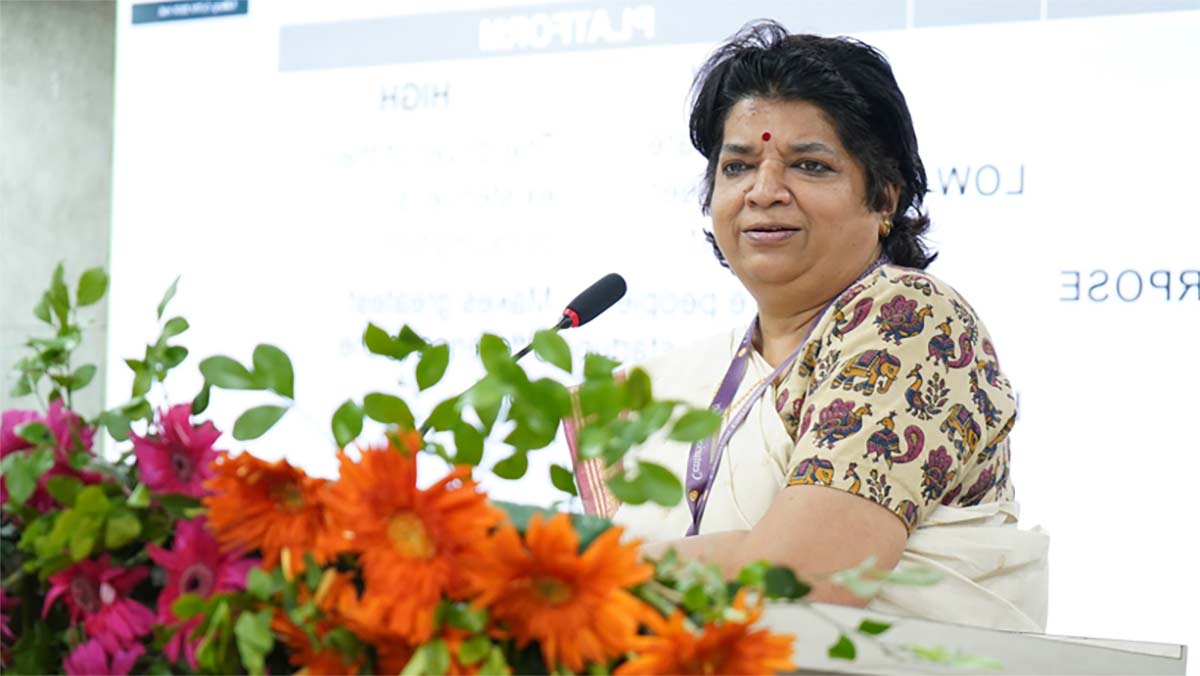A recent Accenture 2021 survey says that the average return on investment for training was 353%. They discovered that there is a $4.53 return for every dollar invested. According to this study, there is a 0.2% rise in firm revenue in the same year that corresponds with an average 1% increase in L&D cost per employee. This translates into dollars such that for every $1 invested in learning and development (L&D) per person, there is a corresponding increase in business income of $4.70 (per employee).
It is indisputable that skill development and upskilling have transformative power. It promotes not just the wellbeing of the individual and the community but also more general economic growth, innovation, and advancement of society. By persistently supporting and funding all-encompassing skill development initiatives, we establish the groundwork for a future that is both sustainable and successful. Hence skill based education is necessary.
The National Education Policy (NEP) 2020, also known as the Policy or NEP, acknowledges the critical role that higher education and vocational training play in advancing societal and human well-being and in building India in line with the country's Constitution, which calls for the development of a democratic, just, socially conscious, compassionate, and culturally diverse nation that upholds liberty, equality, fraternity, and justice for all. Quality higher and vocational education must aim to develop good, thoughtful, well-rounded, and creative individuals given the requirements of the twenty-first century.
Knowledge and skills are needed in the higher education and vocational sectors for a variety of jobs and self-employment that span all economic sectors. And universities must foster this. The challenge for them is to make the needs of industry aligned with what the industry needs. While skill based education system is the need of the hour, we must also understand the different modes of education. Today many students are opting for online and distance education. It is surprising to see that 80% of students pursuing an MBA prefer the online mode. It is so because these students are working and aspire for a better position than the current one. While such a degree will help students gain a degree on paper, their knowledge gained is often not enough. Some would suggest a hybrid mode however may not be the best solution for working students.
For such students a course like Bachelors in Vocational subjects (B. Voc) would be appropriate. This work integrated degree offers a chance for the student to pursue their job, be assessed on their on-field performance, along with being mentored by seniors. Thus, they learn the practical aspects of the job, while working. The theoretical knowledge, a necessity as well is imparted in combination with these practical lessons. B Voc is available in subjects like Manufacturing Technology, Automobile Servicing, Electrical System Maintenance, retail and administration. These degrees being primarily work integrated enable students to learn on the job. Such students can get promoted to even become supervisors after the degree, while without it the process may take many years.
There is a need for the industry to enable this. And a pan India approach is needed. Moreover, ITIs have been providing diploma in such courses, and when such work integrated degrees are introduced, it will enable the students to transit from ITI diploma to a degree in vocational studies. This will further boost the growth potential, enabling the students to pursue their educational goals.
| Authored By Dr (Prof) Supriya Pattanayak Vice Chancellor Centurion University of Technology and Management, Odisha
|

Comments
All Comments (0)
Join the conversation